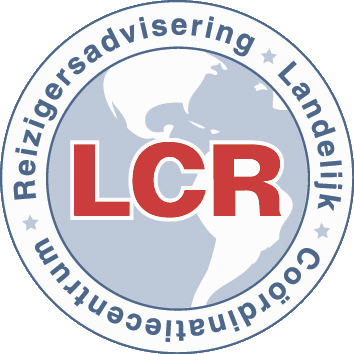Physical exertion in high temperatures forces the body to adapt to the heat stress. The physiological response can reach a limit at which the advantages do not weigh up to the disadvantages of this response. At this point heat-related illnesses like heat cramp, syncope, exhaustion and stroke can develop. Symptoms of heat exhaustion are thirst, weakness, fatigue, nausea, headache and lightheadedness. During a physical examination you can find tachycardia, tachypnea, orthostatic hypotension, hyperthermia (<40°C) and sweating. Heat exhaustion is treated with volume and electrolyte replacement and prevention of further temperature increase. When the body temperature is >38°C, the body needs to be cooled actively.
Heat exhaustion can progress into heat stroke, which is characterized by central nervous system disturbances (ataxia, confusion, hemiplegia, coma, etc.). Further, the body temperature increases >40°C and anhidrosis can be present at a late stage. Treatment includes active cooling by cold water immersion (or evaporative and convective cooling if immersion is not possible), IV volume and electrolyte replacement, intensive monitoring of the patient with supportive care of airway, breathing and circulation, and evacuation.
As always, prevention is the best cure. Prevention of heat-related illness is focused on:
1. Hydration (volume and electrolyte)
- Euhydration before activity
- Rehydration with a “drink to thirst” approach (prevent >2% loss of body weight)
2. Heat dissipation
- Screen for pre-existing medical conditions that can reduce heat loss and
- Minimize use of medications that limit the thermoregulatory response
- Where appropriate clothing
3, Heat acclimatization
- 1 to 2 hours per day of heat-exposed exertion for at least 8 days
Interested in more information on prevention, active cooling and evacuation? Heat-related illnesses is one of the topics that we discuss during our AWLS course.
References:
Della-Giustina D, Ingebretsen R. Advanced wilderness life support. 8th ed. AdventureMed LLC, 2013.
Lipman G, Eifling K, Ellis M, Gaudio F, Otten E, Grisson C. Wilderness Medical Society Practice Guidelines for the Prevention and Treatment of Heat-Related Illness: 2014 Update. Wilderness Environ Med. 2014; S55-S65


